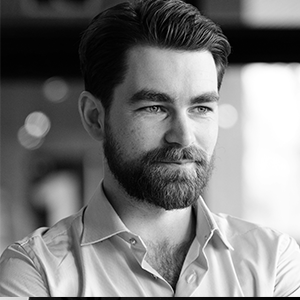Responsible development and deployment of Artificial Intelligence can only occur with a solid understanding of all aspects the impact of an application has. Due to early insight into both desired and undesirable effects of an application, many issues can be solved during the design phase. To identify all aspects of an application, organizations conduct impact assessments to enable successful AI deployment. Principles and frameworks can provide direction, but identifying and solving issues requires more.
In this panel, participants from different Dutch private and public organizations alike will discuss their experiences in organizing and conducting impact assessments when using AI/algorithms. We will discuss how impact assessments are addressed, what role they have in the development/implementation process, and what the most important insights are to achieve the best results in practice.
Moderator:
Joas van Ham, Senior Consultant in Responsible Tech, Considerati
Speakers:
Joris Krijger, Ethics & AI specialist, de Volksbank
Daniël Tijink, Board Member Strategy, Development, Healthcare and Ethics, ECP
Ivonne Jansen Dings, Strategic Advisor Technology and Society, Province Zuid-Holland







![Joas van Ham [2]](https://datasciencelawforum.eu/wp-content/uploads/2021/04/Joas-van-Ham-2.jpg)